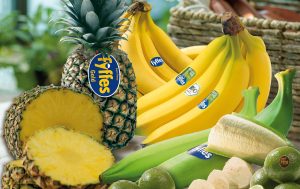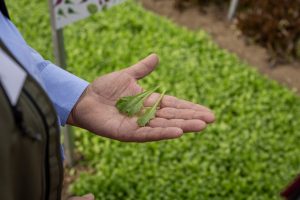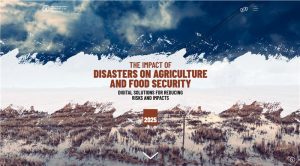Among the most alarming factors, ANPCA points to the exhaustion of tariff quotas for imports from third countries, a circumstance never before experienced, which is facilitating a massive influx of foreign product into European markets. This imported garlic, moreover, is not subject to the strict phytosanitary regulations that European farmers are required to meet.
Adding to this situation is a sharp increase in production costs, directly caused by the low yields resulting from the lack of available active substances to combat pests and diseases. The absence of effective phytosanitary solutions is leaving European garlic at a clear disadvantage compared to international competitors, severely undermining its competitiveness.
ANPCA reminds that garlic is not only a strategic crop from an economic standpoint but also a social one. It is a production deeply rooted in rural areas, helping to stabilize the population, create jobs, and foster industrial development in villages. “The current trend threatens to condemn garlic cultivation to disappearance, with all that implies for rural areas,” said José Carlos Arroyo, secretary of the association.
In this regard, ANPCA underlines that the deterrent tariff of €1,200/ton set by the European Union in 2001 has become completely outdated. In Spain alone, cumulative inflation between 2001 and 2025 already amounts to 77%, which means that this tariff has lost much of its protective capacity in real terms.
RELATED NEWS: Chinese garlic impacts Spanish exports
“If updated to reflect the current reality, the tariff should be set at €2,130/ton, which would restore the same level of protection the sector had when it was first introduced,” said Antonio Escudero, vice-president of the association.
Faced with this scenario, ANPCA is calling on the relevant authorities for a radical change in European agricultural and trade policies, focusing on three priority actions:
Updating the deterrent tariff to levels consistent with accumulated inflation, so that it fulfills its real protective function.
Authorizing and registering active substances through a unified system based on Maximum Residue Limits (MRLs) defined by the European Commission, rather than by individual countries as is currently the case. This measure would lower costs for companies and speed up the introduction of new active substances onto the market.
Reinforcing supervision and controls at European customs to ensure that imports from third countries comply with the same phytosanitary requirements imposed on EU production.
“We are at a decisive moment. Without immediate and forceful measures, Spanish and European garlic will be pushed aside in all markets, with irreversible consequences for thousands of families and the rural economy,” said Juan Salvador Peregrín, president of ANPCA.























